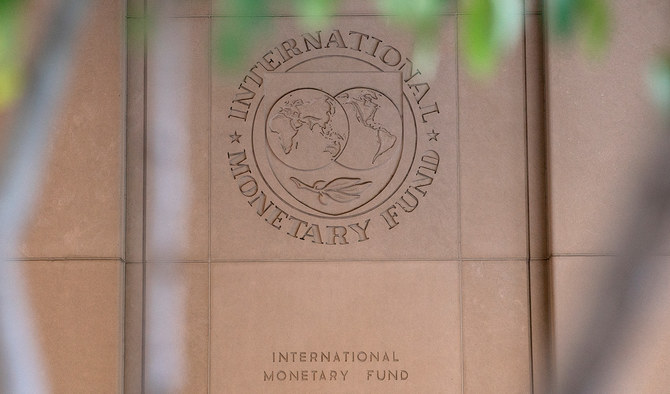ISLAMABAD: Prime Minister Shehbaz Sharif admitted on Sunday that Pakistan was facing “too many financial challenges" with the International Monetary Fund (IMF) mission “scrutinizing each and every book” to ascertain whether the country has met its conditions to revive a stalled $7 billion loan program or not.
Pakistan, in the throes of a dire economic crisis, currently has foreign exchange reserves below $3 billion, barely enough to cover eighteen days of imports. The South Asian country is struggling to bring down decades-high inflation and strengthen its national currency, which has depreciated to a historic low against the US dollar in recent days.
To mitigate the situation and save the country from default, Pakistan is desperately looking for external financing. Islamabad is holding talks with the IMF, whose mission arrived in the country last month, to discuss the resumption of a stalled loan program.
The premier, while addressing a special session of Azad Jammu and Kashmir’s Legislative Assembly to mark the “Kashmir Solidarity Day”, said the global money lender is critically analyzing every aspect of the country’s economic performance to release the much-awaited loan.
“We are facing too many financial challenges at the moment,” he said. “The IMF’s mission, which is in Islamabad right now, is scrutinizing each and every book, whether it is related to finance, petroleum, commerce, or the power sector.”
The premier added that the lender was looking at “each and everything” which included all subsidies, to make sure its conditions are being met.
He said Pakistan has to survive but begging before other nations or financial bodies was not the way to go about it.
“This matter [seeking IMF’s help] has been going on for 75 years, but we have to draw a line at some point to stop this from happening,” he said. Sharif called for unity to tackle national challenges.
“It can only happen if the entire nation unites to fight against inflation and depend on their own resources,” he continued, acknowledging that achieving such goals was easier said than done.
PM Sharif also stressed unity among all political parties so that the country’s economy could be strengthened, and it could continue to be in a position to support the people of Kashmir in attaining their right to self-determination.
India and Pakistan have fought several wars over Kashmir since their independence in August 1947. The two countries claim the region in full but control only parts of it. Relations between the two countries had always remained tumultuous, but they worsened in 2019 after Indian Prime Minister Narendra Modi abrogated Kashmir’s special status.
On February 5 each year, Pakistan expresses solidarity with the people of Kashmir. Islamabad has long accused India of committing atrocities against the people of the disputed valley and denying them the right to self-determination. New Delhi rejects the allegations and accuses Islamabad of funding militants in the region.
“As the prime minister of allied parties and representative of 220 million Pakistani people, I fully assured [our] Kashmiri brethren that we would continue our support for their due right of self-determination,” he said. “But first, we have to forge unity among our ranks, besides, bringing economic and political stability."
“[For that] politicians should strive to make Pakistan economically stronger.”
















